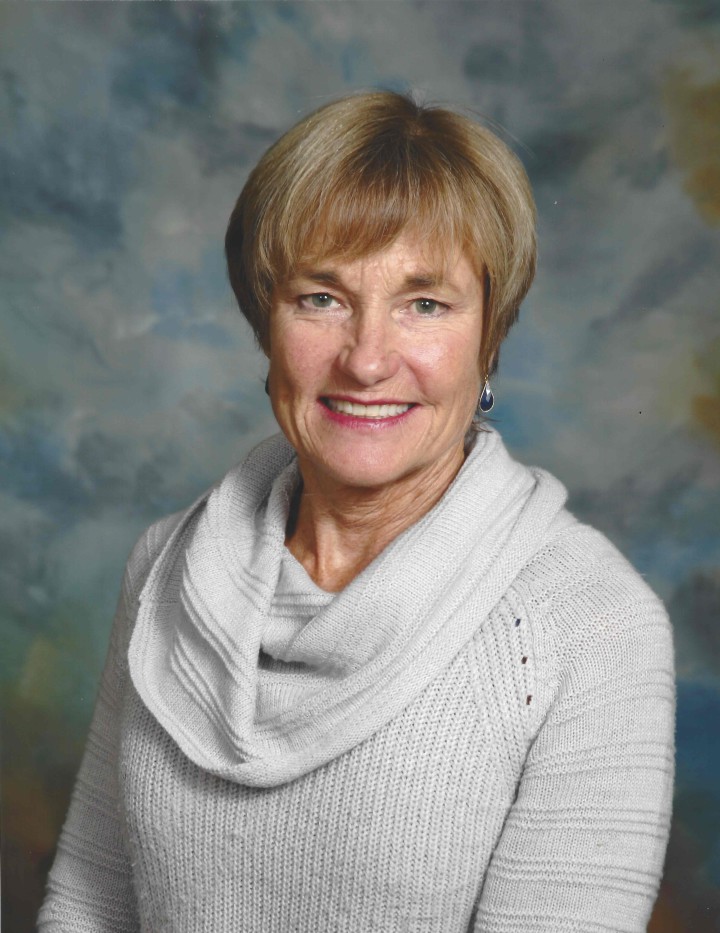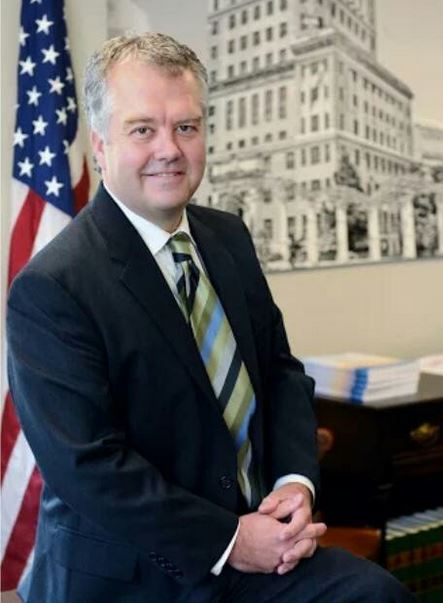Although he’s excited about the results of the May 8 primary election, Quentin Miller isn’t letting the victory go to his head.
“This is just the first part of it,” Miller said the morning after the primary. “We got to keep pushing on.”
Miller, a sergeant with the Asheville Police Department, dominated the Democratic primary in the race for Buncombe County Sheriff, capturing 54 percent of the vote in a crowded field of candidates, according to unofficial results posted on the State Board of Elections website. Randy Smart, who was endorsed by retiring three-term Buncombe County Sheriff Van Duncan as his replacement, was the second-highest vote-getter, with 24 percent of the vote.
Looking to the general election, Miller anticipates that he will continue to focus on 21st century policing techniques and modernizing the Sheriff’s Office, an emphasis Miller says aligns with an agenda established by President Barack Obama. In December 2014, Obama created a task force to create policies to improve trust between police departments and the public while also reducing crime.
“If there’s anything that I think was really instrumental [in my victory] was the fact that we had so many volunteers,” Miller says. On May 8, his campaign placed 50 volunteers at the polls.

Ahead of his general election matchup in November against Republican Shad Higgins and Libertarian Tracey Debruhl, Miller’s next step will be to retire from the Asheville Police Department. “Then we’re planning to then start this journey all over again,” he says.
In the Buncombe County Board of Commissioners race, District 2 candidate Amanda Edwards edged out Nancy Nehls Nelson for the Democratic nomination. Nelson had previously lost by a narrow margin to incumbent Republican commissioner Mike Fryar in the 2016 general election. Edwards captured 40 percent of the vote compared to Nelson’s 31 percent.
Ellen Frost currently holds the District 2 seat contested by the Democratic candidates but she did not seek re-election.
Edwards says she has focused on several major issues during her primary campaign, including education, the environment and restoring public trust in county government following allegations of fraud against former county manager Wanda Greene.
On the education front, Edwards says she wants to find ways to increase the teacher salary supplement for K-12 teachers in Buncombe County “to keep them in the classroom and in the state and not leaving because of their pay conditions.”
She also wants to expand access to strong early childhood education programs in Buncombe County, a goal the current board of commissioners has included in its list of strategic priorities.
“We still have challenges in Buncombe County with providing high-quality, equitable childhood services and those are critical services so that when children arrive to kindergarten they are prepared for school and prepared to learn,” she said.
As part of her focus on education, Edwards also hopes to find ways to fund more social workers and school counselors.
Edwards says she is looking forward to implementing the renewable energy goals the board of commissioners passed in December. As part of its strategic priorities, the county has committed to run all countywide operations with renewable energy by 2030 and all operations in the community with renewable energy by 2042.
Although her focus will eventually turn to her Republican opponent in the November general election — Glenda Weinert — Edwards says that “right now, this morning, I am just still beyond excited about the victory from last night.”
In a statement sent out to supporters on Wednesday, Nelson congratulated Edwards as well as the two other candidates in the race, Patrick Fitzsimmons and Dereck Lindsey, on the hard-fought campaign.
“Don’t worry, I’m not going anywhere,” Nelson said in the statement. “I will continue to put my love of my neighbors, our land and our mountains to work for Buncombe County.”
Donna Ensley, who will be running against incumbent Republican commissioner Robert Pressley for his District 3 seat, enjoyed a more decisive victory on May 8, lapping up 61 percent of the vote to handily win the Democratic nomination.
Ensley hadn’t responded to a request for an interview by the time this article was published.
In the district attorney race, incumbent Todd Williams beat back a formidable offensive by local defense attorney Ben Scales, winning about 53 percent of the vote. Scales had previously faced-off against Williams in 2014. This year, Scales focused his onslaught on Williams’ handling of an August use-of-force incident in which a white former Asheville Police Department officer beat a black city resident. The incident ignited a furor of outrage and has prompted the city to consider changes to how it handles use-of-force incidents.
In statement sent to supporters on the evening of May 8, Williams thanked volunteers and the public for their support.
“I ask all who have voted for reform, whether by voting for me or voting for my opponent, to join together now to continue to expand the equity and fairness of our local justice system,” he said.
Williams doesn’t face a Republican opponent in the general election in November. Barring unforeseen challengers, his victory on May 8 could mean he has secured a second term.
In races for national office, seven-term House Rep. Patrick McHenry easily brushed aside five Republican challengers on election night. McHenry racked up about 61 percent of the vote in Buncombe County with a total of 1,534 ballots cast in his favor. Gina Collias, who ran a campaign to the left of McHenry, was the second-place finisher, with 20 percent of the vote.
For the entire district, McHenry’s margin of victory was even larger, capturing 34,061 ballots or about 71 percent of the vote. In addition to a portion of Buncombe County, the 10th Congressional District includes Polk, Rutherford, Cleveland, Gaston, Lincoln and Catawba counties.
In the portions of Buncombe County that fall into the 11th Congressional District, the Democratic race to face Republican incumbent Mark Meadows in November was closer. Phillip Price squeaked through by a margin of 32 votes to beat Steve Woodsmall for the Democratic nomination, securing a victory by less than one percent of the vote. Scott Donaldson came in third with about 28 percent of the vote.
Taking into account the entire district, which includes 17 western North Carolina counties in addition to parts of Buncombe, however, Price’s victory was more conclusive. Price snagged about 41 percent of the vote while Woodsmall, still in second, took about 31 percent.
“Thank you … to my primary opponents, Scott Donaldson and Steve Woodsmall, for running great campaigns that energized voters and brought them to the polls,” Price said in a statement released May 8. “I hope the candidates and voters will now turn their attention to the real target in this race and join forces to defeat Mark Meadows in November.”
The general election will take place on Tuesday, Nov. 6.
Editor’s note: This article was updated at 5:20 p.m. on May 9 to reflect the district-wide results of the local U.S. House of Representatives races, in addition to the results in Buncombe County.







LOL I hear there’s a former NY AG who beats women even though he claims to be a hardcore feminist lulz. Maybe the communist can vote for him.